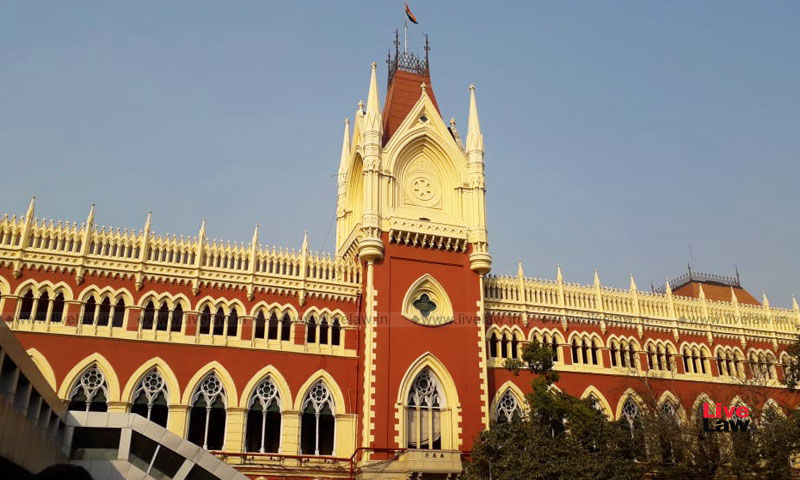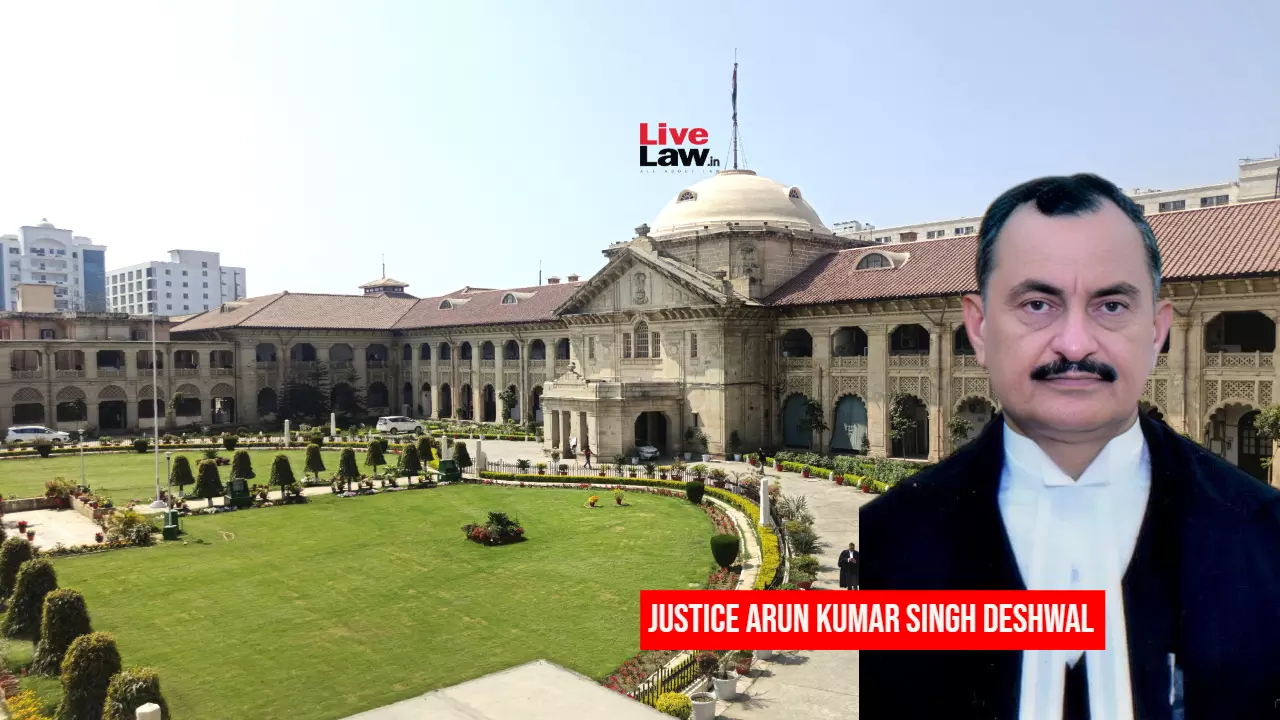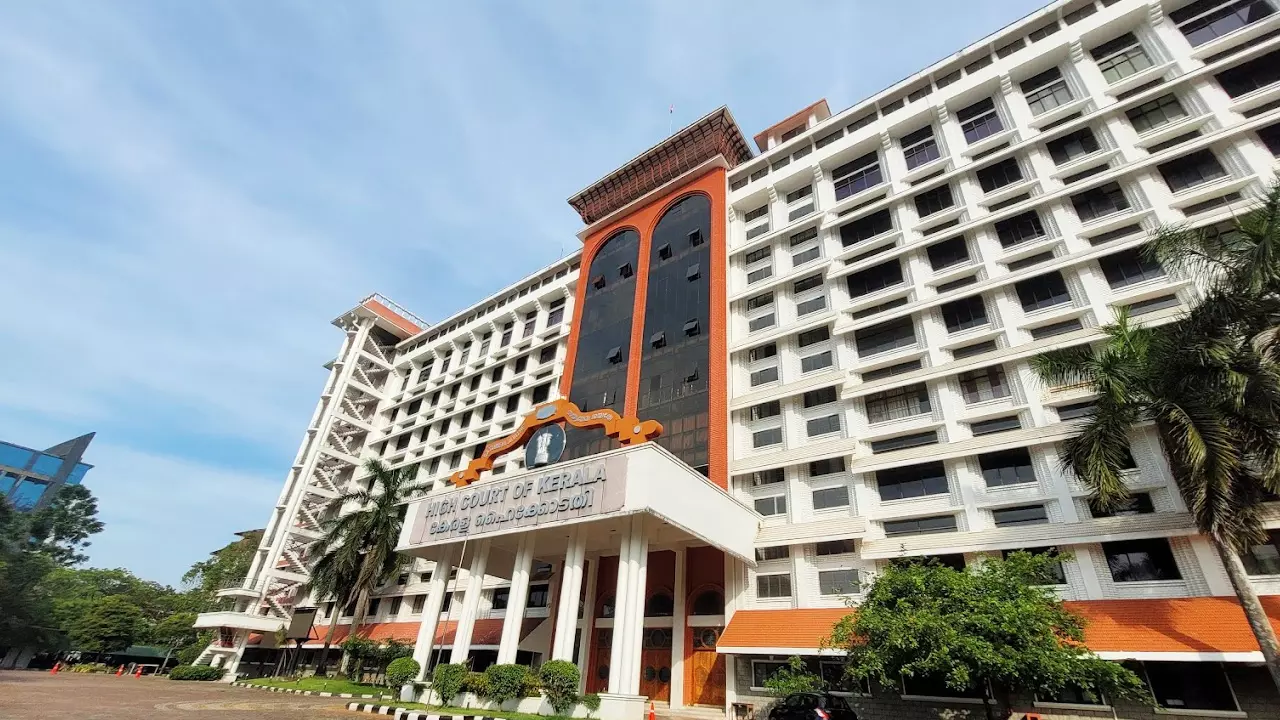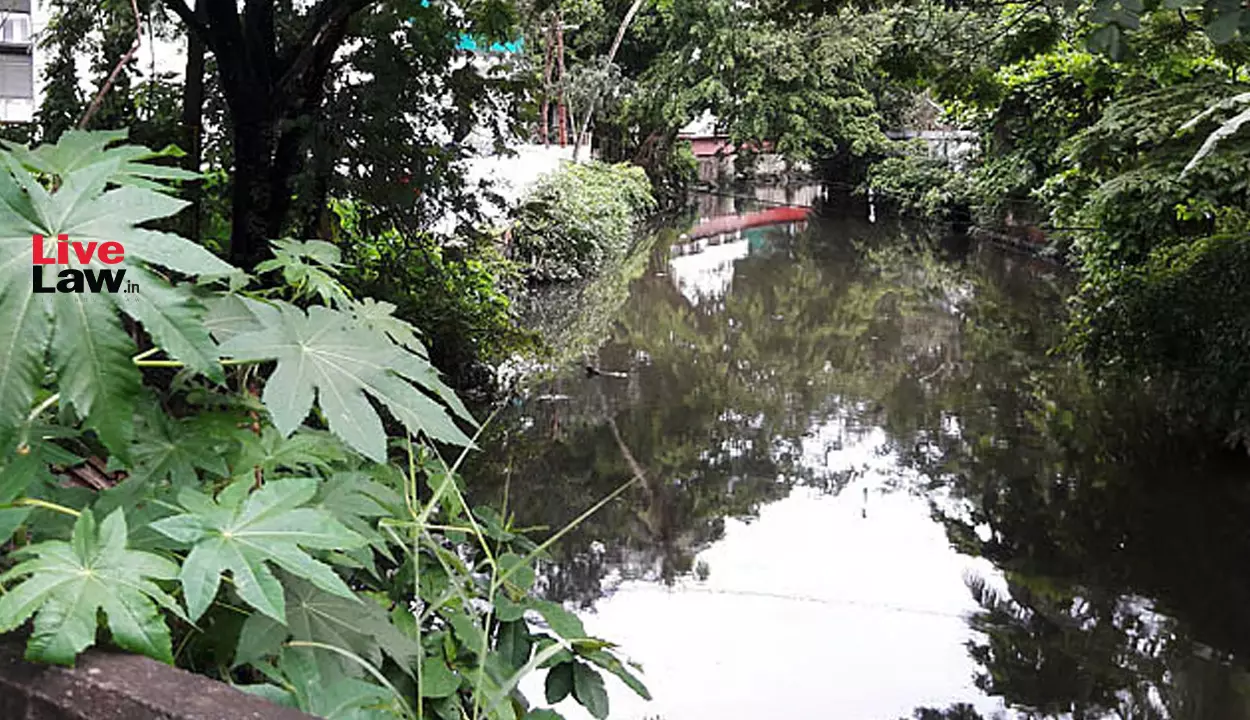Supreme Court Stays Deportation Of Assam Woman Who Was Declared Foreigner
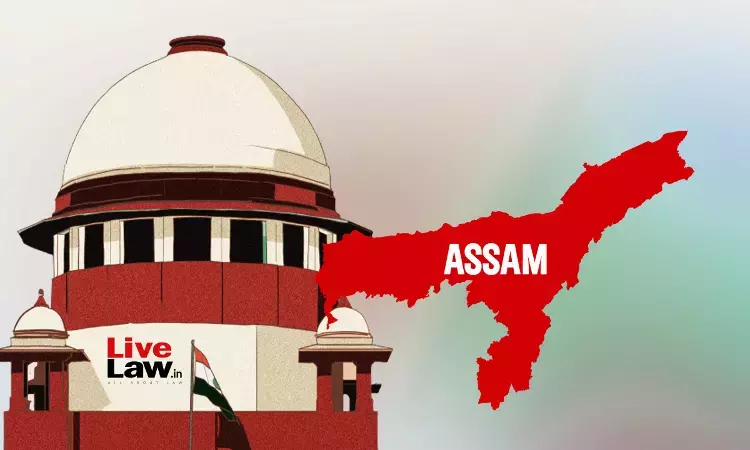
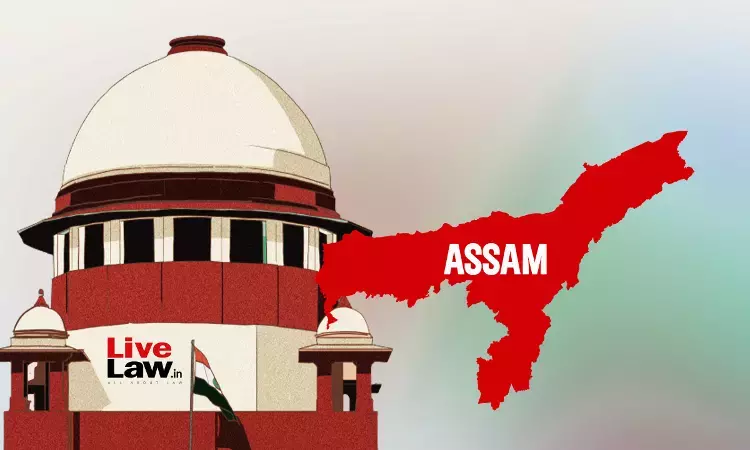
The Supreme Court today granted interim protection from deportation to a woman who has been declared a foreigner by Foreigner’s Tribunal under Section 2(a) of the Foreigners Act, 1946. The Gauhati High Court has upheld the Tribunal’s order.
A bench of Justice Ujjal Bhuyan and Justice Vinod Chandran issued notice returnable on August 25, 2025 in a plea challenging the High Court decision.
“Issue notice returnable on 25.08.2025. Learned counsel for the petitioner is permitted to serve the standing counsel for respondent(s). In the meanwhile, petitioner shall not be deported and no coercive steps shall be taken against the petitioner”, the Court ordered.
Advocates Fuzail Ahmad Ayyubi and Akanksha Rai represented the petitioner.
The petitioner Jaynab Bibi, claiming to be a citizen of India by birth, challenged the High Court’s order dated February 17, 2025. The High Court had dismissed her writ petition challenging a Foreigners Tribunal opinion dated May 20, 2017, which held her to be a foreigner.
The petitioner stated that she was born and raised in Muamari village, Nagaon district. She produced documents including the 1951 NRC list, voter lists from 1965, 1970, 1989, 1997, 2016 and 2018, jamabandi records, Gaon Panchayat and Gaonburah (traditional village headsman) certificates to establish her lineage with her father, grandfather, and husband.
The petition before the Supreme Court claims that the Tribunal ignored this evidence and passed a mechanical two-page order finding her a foreigner because neither she nor her mother named her uncle in their depositions. The Tribunal also rejected Gaonburah certificates explaining a name discrepancy.
The petition relies on the Supreme Court’s order dated July 11, 2024, in Mohd. Rahim Ali v. State of Assam. In that case, the Court had expressed concern over the arbitrary and opaque manner in which residents of Assam were being suspected to be foreigners. The Court had observed that reference-making authorities must disclose the basis on which a person is suspected to be a foreigner, and that mere suspicion is not sufficient ground for initiating proceedings under the Foreigners Act.
The High Court upheld the Tribunal’s finding, stating that the petitioner failed to discharge the burden under Section 9 of the Foreigners Act. It held that the oral testimony of her mother was insufficient to establish her lineage. It observed that the documents did not conclusively link the petitioner to her projected father or grandfather.
The High Court also rejected the explanation for the alleged discrepancy in the petitioner’s father’s name – “Kasom Ali” and “Abul Kasem” – noting that the petitioner did not address this inconsistency in her written statement or evidence. It observed that only the Gaonburah’s certificate attempted to equate the two names, and in the absence of corroborating testimony, the document could not establish the claimed identity.
The High Court noted that several certificates were inadmissible due to bearing the State Emblem and found foundational facts missing from her written statement. It relied on various precedents and held that foundational facts must be pleaded in the written statement. The Court dismissed the writ petition and revoked interim protection. The consequences flowing from the Tribunal’s declaration would follow.
Background
On February 4, 2025, the Supreme Court reprimanded the Assam government for detaining declared foreigners indefinitely and ordered prompt initiation of deportation processes. Thereafter, the state government informed the Court on March 21, 2025 that 13 out of 63 Bangladeshi nationals detained in Assam’s Matia transit camp have been deported.
In late May and early June, various legal proceedings arose concerning Assam’s “push‑back” policy, where state authorities have reportedly detained and deported individuals, sometimes Indian citizens, across the Bangladesh border without proper judicial process.
A writ petition was filed in the Supreme Court by the All BTC Minority Students Union (ABMSU), challenging the policy which allegedly involves arbitrary deportations without individual references, tribunal declarations or verification of nationality.
On June 2, 2025, the Supreme Court declined to entertain the petition, directing the petitioner to approach the Gauhati High Court. In the same period, the court issued notice in another case filed by a son on behalf of his mother, challenging her detention by Assam police.
Assam Chief Minister Himanta Biswa Sarma has defended the push‑backs in the state assembly, stating over 330 individuals had been expelled and signalling that the policy would be stepped up. He cited the Immigrants (Expulsion from Assam) Act, 1950 claiming that it allows deportation orders via district commissioners without judicial intervention.
Case no. – Diary No. 20270/2025
Case Title – Jaynab Bibi v. Union of India


